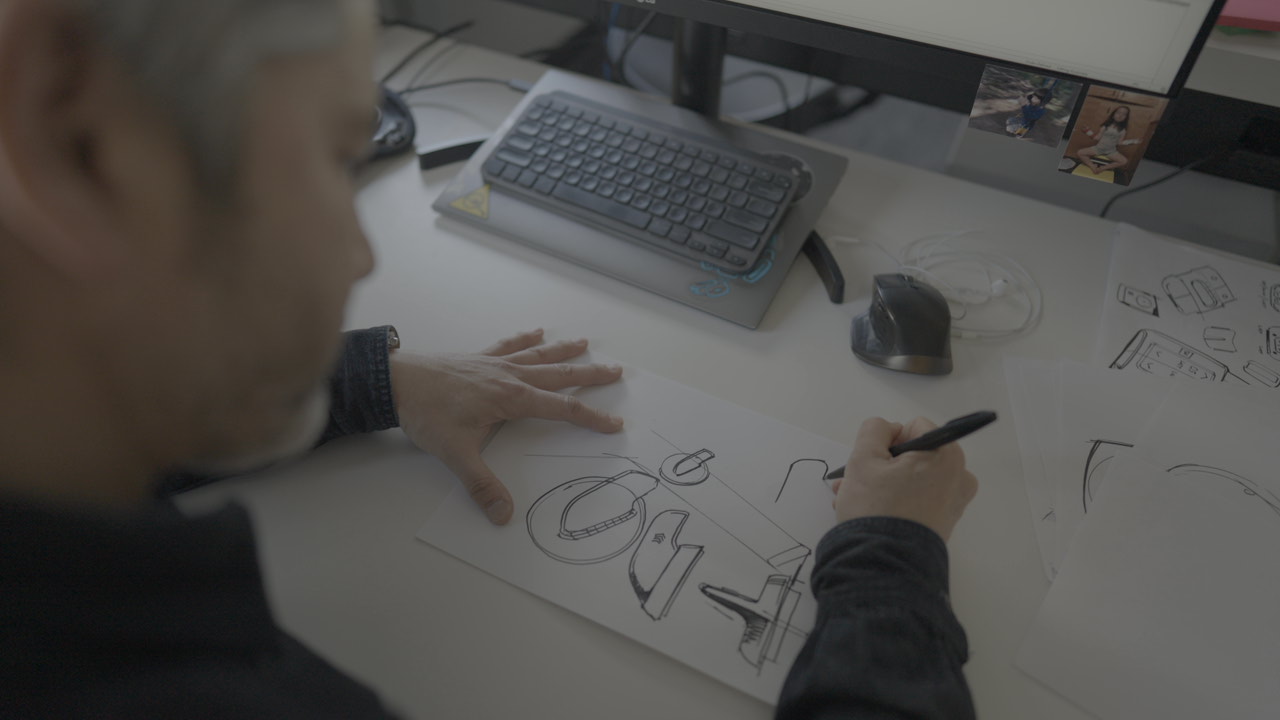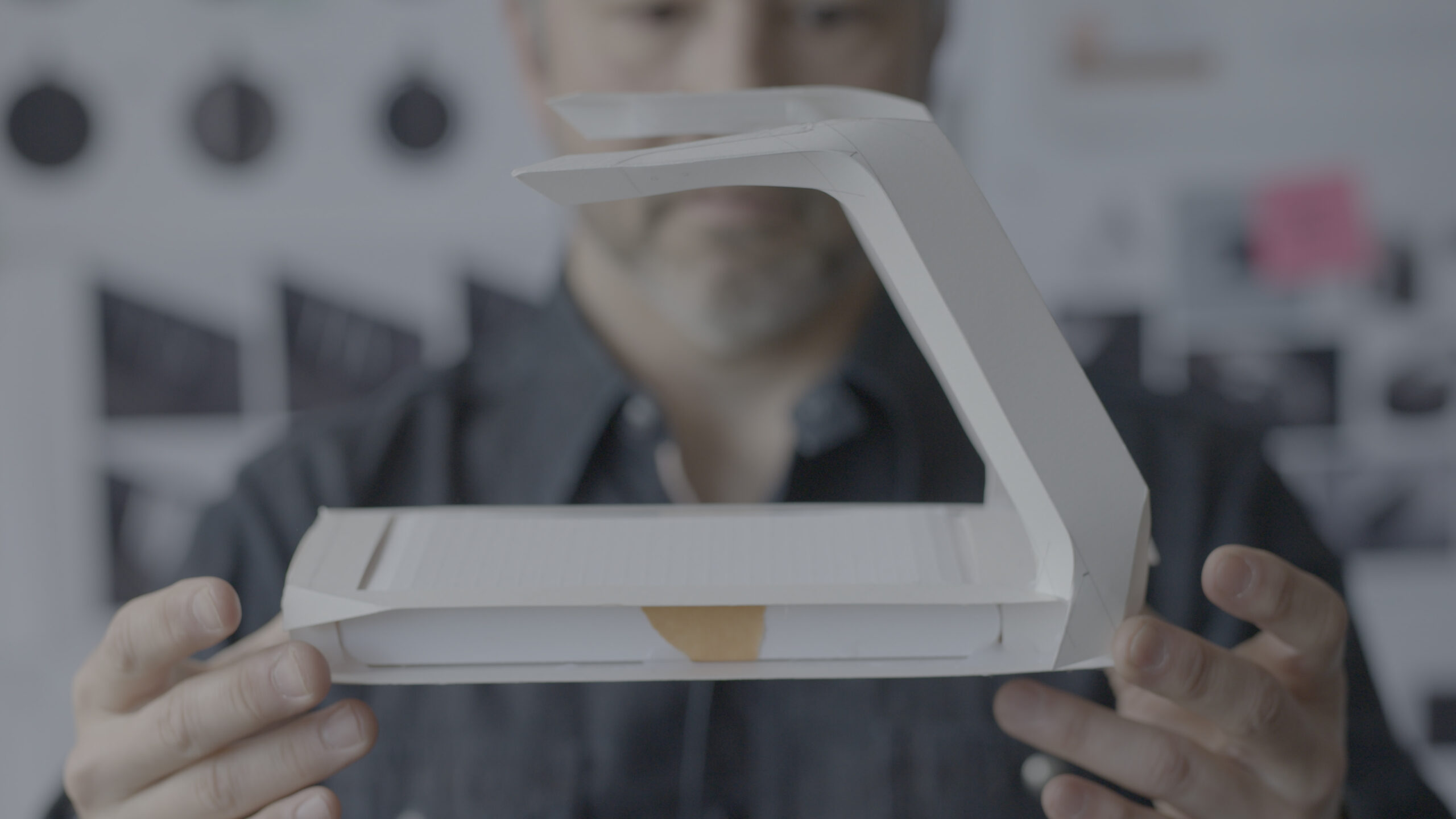Built to Last
Presented by Global Wellness Institute.
This content was produced for Precor by BBC StoryWorks as part of the In Pursuit of Wellness series presented by the Global Wellness Institute (GWI).
When it comes to fitness equipment, performance isn’t just about features – it’s about trust. And for over four decades, Precor has built that trust by designing machines that move people, adapt to them, and hold up over time.
“Our focus is always on delivering a better outcome,” says Will Ostrander, senior product manager for cardio consoles. “That means designing with real people in mind – from elite athletes to first-time users – and building equipment that lasts, performs, and makes exercise feel intuitive.”
Precor’s approach is rooted in four core pillars: performance, personalisation, reliability, and ease of service. Every element, from shock absorption to screen tilt, is purposefully engineered to improve the user experience while minimising maintenance for operators. “People often don’t notice how much thought goes into each design choice,” Ostrander says. “But that’s the point. Good design feels natural. It gets out of the way and helps you move better.”

Whether it’s a treadmill in a five-star hotel or a stair climber in a local gym, Precor equipment is shaped by biomechanics and refined through testing. Its Ground Effects Technology adapts to natural stride patterns, reducing impact and fatigue. Shock absorption systems protect joints over time. And seamless incline and speed transitions make workouts feel smoother and more efficient.
“Precor’s equipment always felt different,” says ultramarathon runner Brady McDonald, who’s trained for everything from daily runs to 50-mile races on the same treadmill. Precor, he says, has been a part of his home gym setup since he bought his first home. Now, he seeks it out wherever he’s training.
That kind of trust is by design. Each product undergoes rigorous testing under real-world conditions, ensuring long-term durability and consistent performance. Even the placement of a water bottle holder or the resistance of a console button is refined for everyday use and operator efficiency.
“It’s like buying a certain smartphone, you become more devoted to one or the other the more you use it,” he says. “For us as a family, it’s always been Precor.”
McDonald was a fairly regular guy, and certainly no athlete, until he took on the viral internet fitness challenge, 75 hard, where participants are tasked to follow a strict set of rules – including no drinking alcohol, completing two 45-minute workouts a day, and adhering to a diet.
Fitness is no longer a chore for McDonald, but an essential part of his life. Precor’s equipment, he says, has been a cornerstone of that journey due to its durability and reliability. His treadmill has taken him through hours of marathon and ultra marathon training. “The treadmill is familiar, it’s quality, it’s good for the legs. I’ve never had issues with my legs or my feet while I’m running on it.”
Today’s fitness users expect equipment that meets them where they are—technically, physically, and personally. Precor’s designs reflect that need through thoughtful touches that create confidence from the first interaction. Large motion controls and quick-start features make onboarding seamless. Personal data syncing and customisable workouts elevate the experience for regular users. For operators, modular components, shared fasteners, and intuitive service access reduce complexity and downtime.
As a consumer, there may be elements to Precor’s design that you don’t even notice makes your experience easier, simpler and smoother. For example, intuitive navigation on cardio consoles, placards and smarter visuals such as bright colours make mid-workout adjustments simple.
“When we say ‘personalisation’, we mean everything from multilingual console options to machines that adjust in stride, speed and resistance based on how you move,” says Ostrander. “We want exercisers to feel like the equipment understands them.”
Ostrander’s task, he says, involves asking two questions. The first being, how to get customers to come back to the product because it was a good experience, and secondly how to help them have better outcomes. “We’re always looking at how we can improve the functionality and feel of what we make. Those small tweaks and variations give users better outcomes without even knowing it, because we’re a step ahead.”
This mindset led to innovations like the Precor Elliptical Fitness Crosstrainer, which launched the elliptical cardio category in 1995 and was reimagined in 2016 with a converging stride to better simulate natural walking. Precor’s Adaptive Motion Trainer (AMT) cardio machine also dynamically adjusts stride length based on movement style – making the machine more responsive to each individual.
While many products focus on first impressions, Precor emphasises lasting impact. Its Precor Business Suite and Precor Pulse platforms allow customers to manage product uptimes and service needs in real time. It’s self-powered cardio equipment options and low-maintenance design choices are meant to minimise waste, extend product life, and keep machines operating efficiently for years.
“We focus on supporting our products seven years past the last date of sale, with spare parts and with service.” – Dave Mendenall, Precor COO
“We design everything with longevity in mind,” says Dave Mendenall, COO at Precor. “That means field-reliable parts, durable materials, and support long after purchase. We support our products for seven years after the last date of sale – with service, spare parts, and consistency our customers can count on.”
That durability extends to Precor’s supply chain and manufacturing. Products are built using in-house tooling and robust materials to ensure consistency and reduce the risk of breakdowns.
Behind every Precor product is a team that brings decades of expertise. On average, Precor’s manufacturing team at its Woodinville factory in Washington State has over 20 years of experience, lending precision, pride, and consistency to every machine. Each unit on the line is human-tested under real-world loads before shipping.
“It takes deep understanding and cross-functional trust to build something truly great,” Mendenall says. “Our engineers, designers, and operators all share the same mission: help people move better and stay motivated.”

Sustainability is not an afterthought at Precor. It’s embedded in every part of the product lifecycle – from efficient energy usage to component-level design that minimises waste. “We redesigned the Adaptive Motion Trainer and the Stair Climber packaging so that we could make them more stackable inside of a container,” he says. After the redesign they were able to fit 48 Adaptive Motion Trainers per container as opposed to 24.
Some models run entirely on self-generated power. Others feature easily replaceable components to extend life and reduce environmental impact. These choices align Precor’s manufacturing processes with a circular philosophy: the better the product is made, the longer it lasts, the less it ends up in landfills.
“We’re not just building machines,” says Ostrander. “We’re building trust. And that’s earned through quality, service, and design that serves both the user and the planet.”
For users like McDonald, that intention is felt in every stride. “When I book a hotel or look for a gym, I check if they have Precor,” he says. “It’s not just a brand – it’s a standard I rely on.”
McDonald’s high expectations are a pillar of his life and allow him to hold himself to a high bar. He believes that expecting great things of himself transpired into all aspect of his life. “Precor equipment kind of completes everything.”
Visit the Precor website here.
Kimberly DiCiro
16 June 2025























































